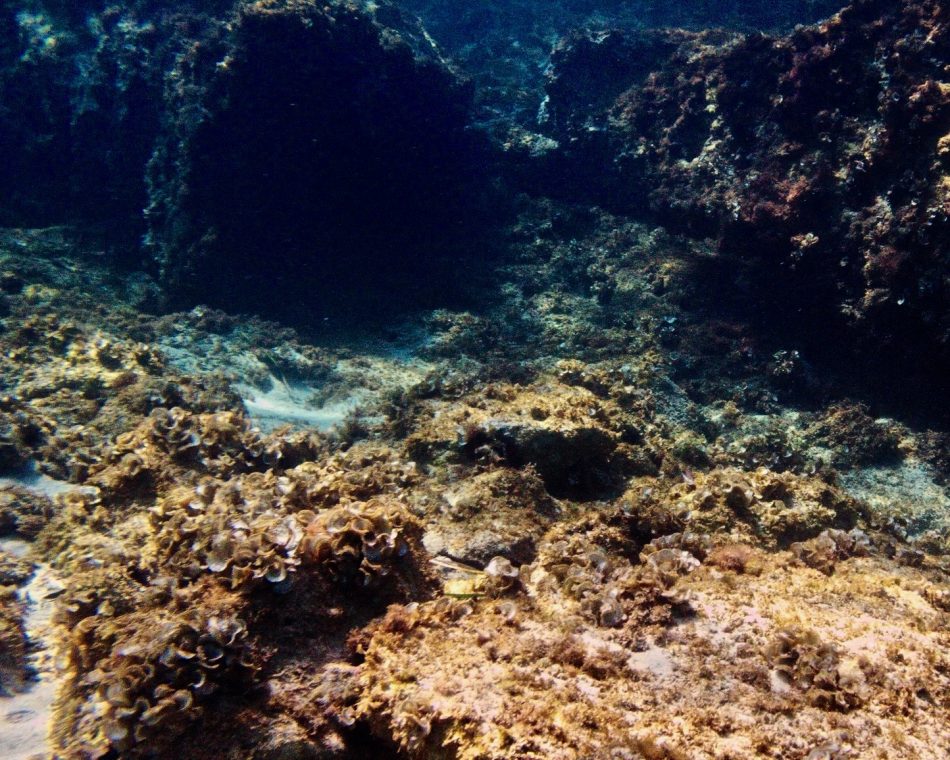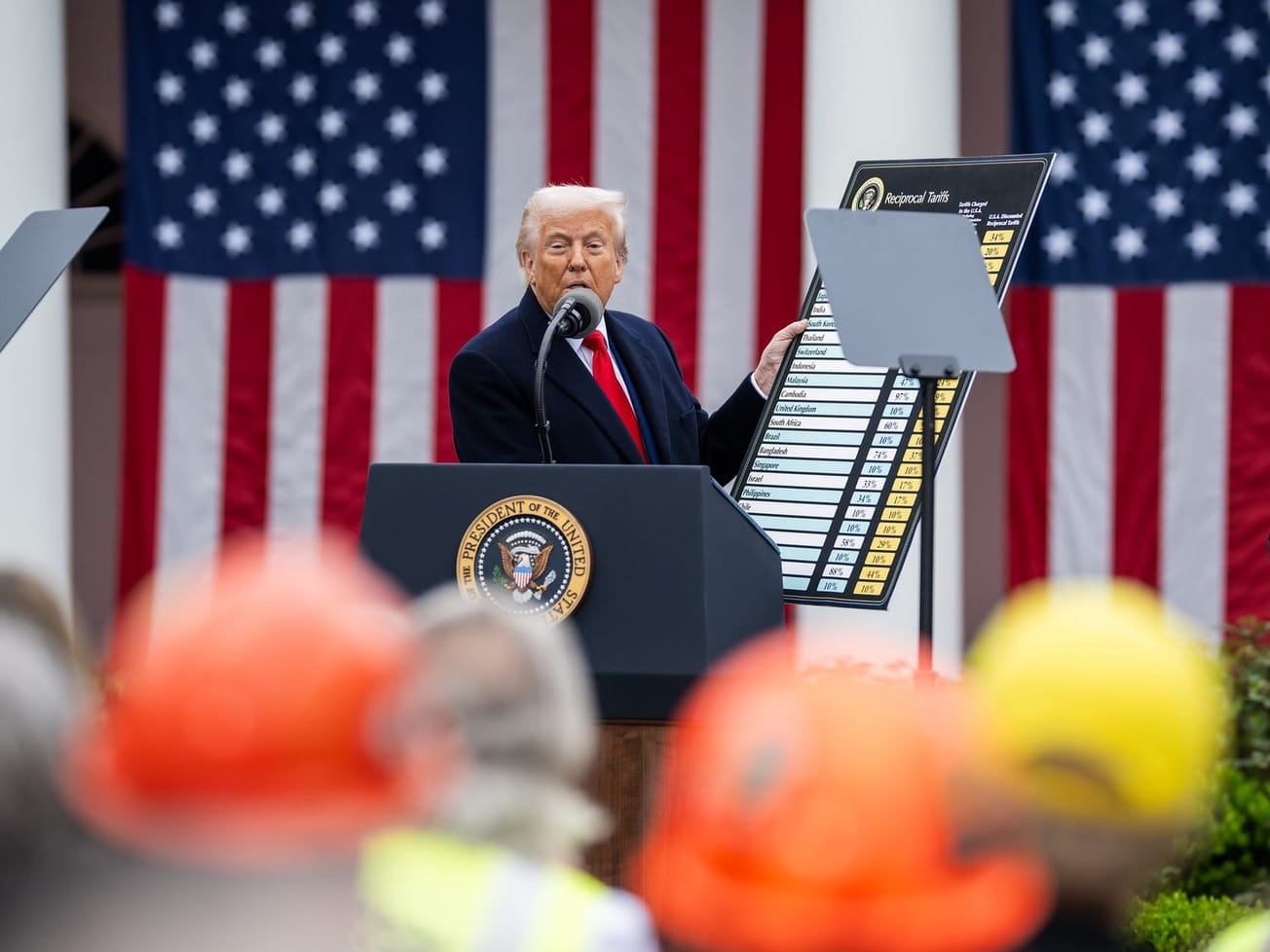The prospect of allowing mining companies to gain access to deep sea deposits beneath international waters poses too many risks to underwater ecosystems and biodiversity, a global environmental group reported on Wednesday.
Swiss-based WWF International said its investigation of deep seabed mining found a lot of unknowns and not enough science to support industry plans for large-scale mining of metals and minerals such as cobalt, lithium and nickel needed for batteries, wiring and other uses in popular consumer and low-carbon technology.









